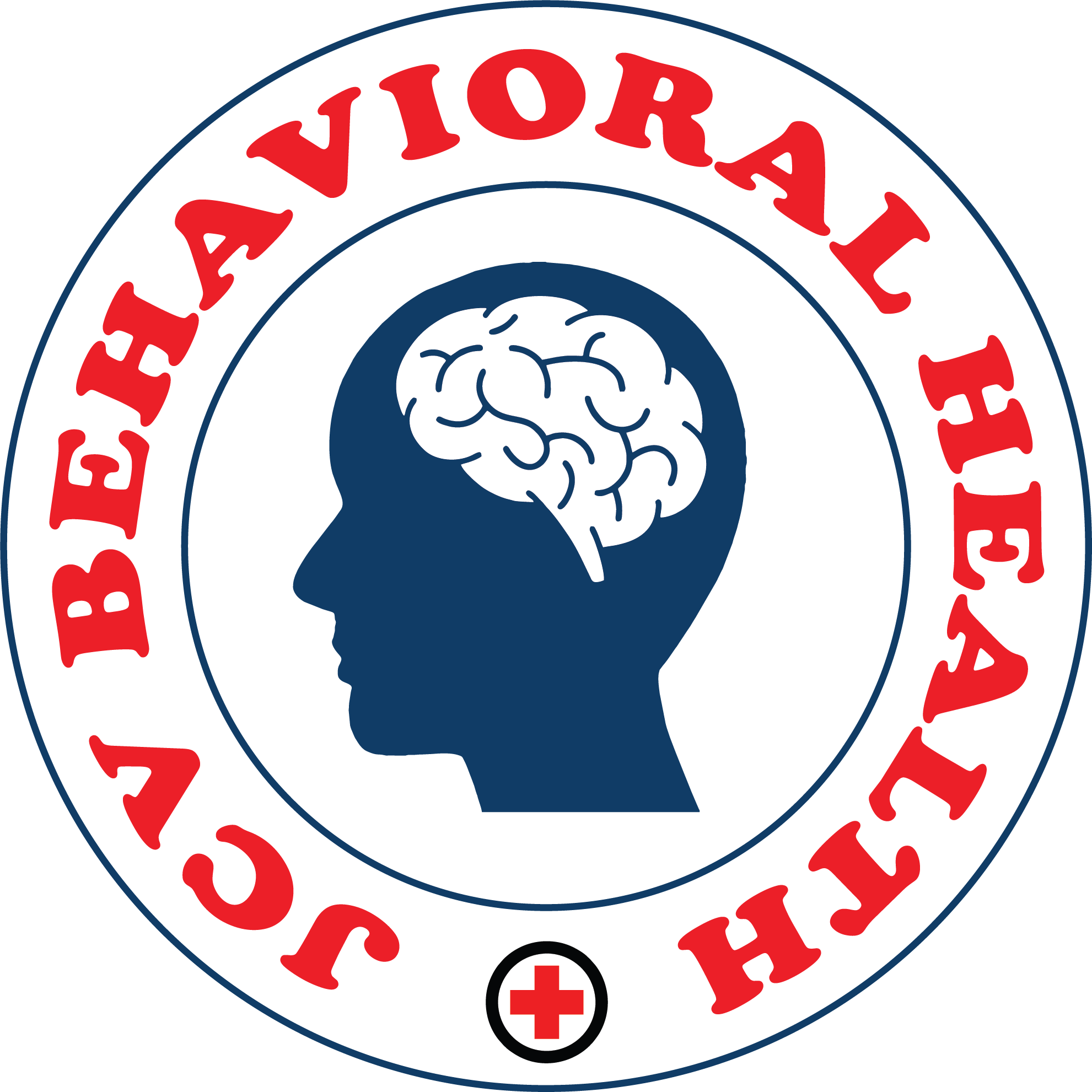Autism Spectrum Disorder (ASD) is different for everyone. Each person’s experience is unique, especially in how they handle emotions. For adults with ASD, anger can sometimes burst out suddenly. These intense feelings often stem from frustration, confusion, or being overwhelmed.
Well, managing these moments requires understanding and patience. Personalized strategies can help find calm. At JCV Behavioral Health, we assist people with autism. We provide resources and support to navigate their challenges.
The question is how to deal with autism anger in adults let’s find out.
Understanding Autism and Anger
Does autism make you angry? Autism doesn’t cause anger. But, people on the spectrum may struggle to manage their emotions. Their brains process sensory input and social situations differently. Anger on the spectrum often arises from triggers such as:
- Overstimulation in noisy or chaotic environments.
- Feeling misunderstood or excluded.
- Difficulty communicating their needs.
- Sudden changes in routine.
Common Triggers for Autism Rage in Adults
- Overstimulation: Adults with autism may have trouble processing senses. This can cause frustration or anger when overwhelmed. Learning how to deal with overstimulation autism is critical in reducing outbursts.
- Communication Challenges: Misunderstandings and emotions can trigger autistic rage adults or resentful Asperger’s behaviors.
- Unmet Expectations: Changes in plans may trigger autism rage attacks. It’s hard for them to adapt to sudden shifts.
- Emotional Rumination: Anger rumination is common among adults with ASD. Repeatedly dwelling on perceived injustices can intensify feelings of resentment and frustration.
How to Manage Autism and Frustration?
Managing autism and frustration requires a mix of self-awareness, support systems, and proactive strategies:
1. Identify and Avoid Triggers
- Use a journal to unlock your thoughts. It reveals hidden patterns and lights your path. Discover what triggers autism’s intense emotions and outbursts. This journey transforms turmoil into understanding.
- Shield yourself from uncontrolled, overstimulating environments. Use noise-canceling headphones to create a serene soundscape. Alternatively, find sensory-friendly spaces that embrace tranquility.
2. Develop Coping Skills
- Breathe in peace, breathe out stress. Use mindfulness exercises to find calm. Grounding techniques can help manage anger related to autism. Find harmony with each deep breath.
- Establish routines that provide predictability and minimize stress.
3. Communicate Effectively
- Use clear and direct language to reduce confusion.
- For those with limited speech, picture boards or apps can help them express emotions.
4. Seek Therapy
- Therapy for autism and anger, like cognitive behavioral therapy (CBT), can be very effective.
- Experts in ASD anger management can provide tools for high-functioning autism. They can help with anger issues.
5. Support Networks
- Encourage joining autism support groups to connect with others facing similar challenges.
- Family and caregivers can benefit from training to respond to autism rage and aggression in adults.
Addressing Specific Concerns
High-Functioning Autism and Controlling Behavior
Adults with high-functioning autism may try to control things. It helps reduce their anxiety in uncertain situations. Building their confidence and teaching flexibility can help mitigate these behaviors.
Autism Violent Thoughts
Violent thoughts or impulses can be a byproduct of frustration or feeling overwhelmed. A safe, structured environment and emotional regulation skills can help. They can reduce the chance of these moments escalating.
Asperger’s Syndrome and Anger
Asperger’s anger issues may stem from social misunderstandings or sensory overload. Tools for stress relief, like exercise or creativity, can help.
Autism Irritability and Stress Management
Learning to manage stress is vital for reducing autism irritability. Techniques like sensory breaks and scheduled downtime can enhance mood. Also, regular exercise can reduce irritability.
Strategies for Caregivers and Support Systems
- Stay Calm and Patient: Responding calmly during autism anger outbursts helps de-escalate situations. Avoid raising your voice or appearing confrontational.
- Provide Clear Instructions: An angry adult with autism may struggle to process information. Use short, clear sentences to guide them.
- Create a Safe Space: Designate a quiet area where they can retreat during moments of autism rage. This space should be free of distractions and sensory triggers.
- Encourage Positive Outlets: Physical activities like yoga, running, or martial arts can help channel anger constructively. Creative outlets like drawing or music can also be beneficial.
When to Seek Professional Help
While many strategies can be implemented at home, some situations require professional intervention. Signs that professional help may be needed include:
- Frequent and intense autism anger issues that disrupt daily life.
- Instances of self-harm or harm to others.
- Difficulty managing autism rage attacks despite using coping strategies.
JCV Behavioral Health has programs for individuals with autism and their families. They help them manage anger, frustration, and related issues.
Conclusion How to Deal with Autism Anger in Adults?
Dealing with autism anger in adults requires understanding, compassion, and proactive management. With support, individuals with autism can manage their emotions. They should identify their triggers. Coping strategies can help, too. At JCV Behavioral Health, we help individuals with autism and their families. We want to find the right tools for them to thrive.
With the right support, managing autism and frustration can lead to growth, resilience, and connection.
FAQs
Do Autistic Adults Have Anger Issues?
Yes, adults with autism can have anger issues. This can be due to trouble processing emotions, sensory overload, or unmet needs.
How to Deal with Autism Attack?
Stay calm, ensure the individual’s safety, and remove them from overstimulating environments. Use pre-taught coping strategies to help them regain control.







